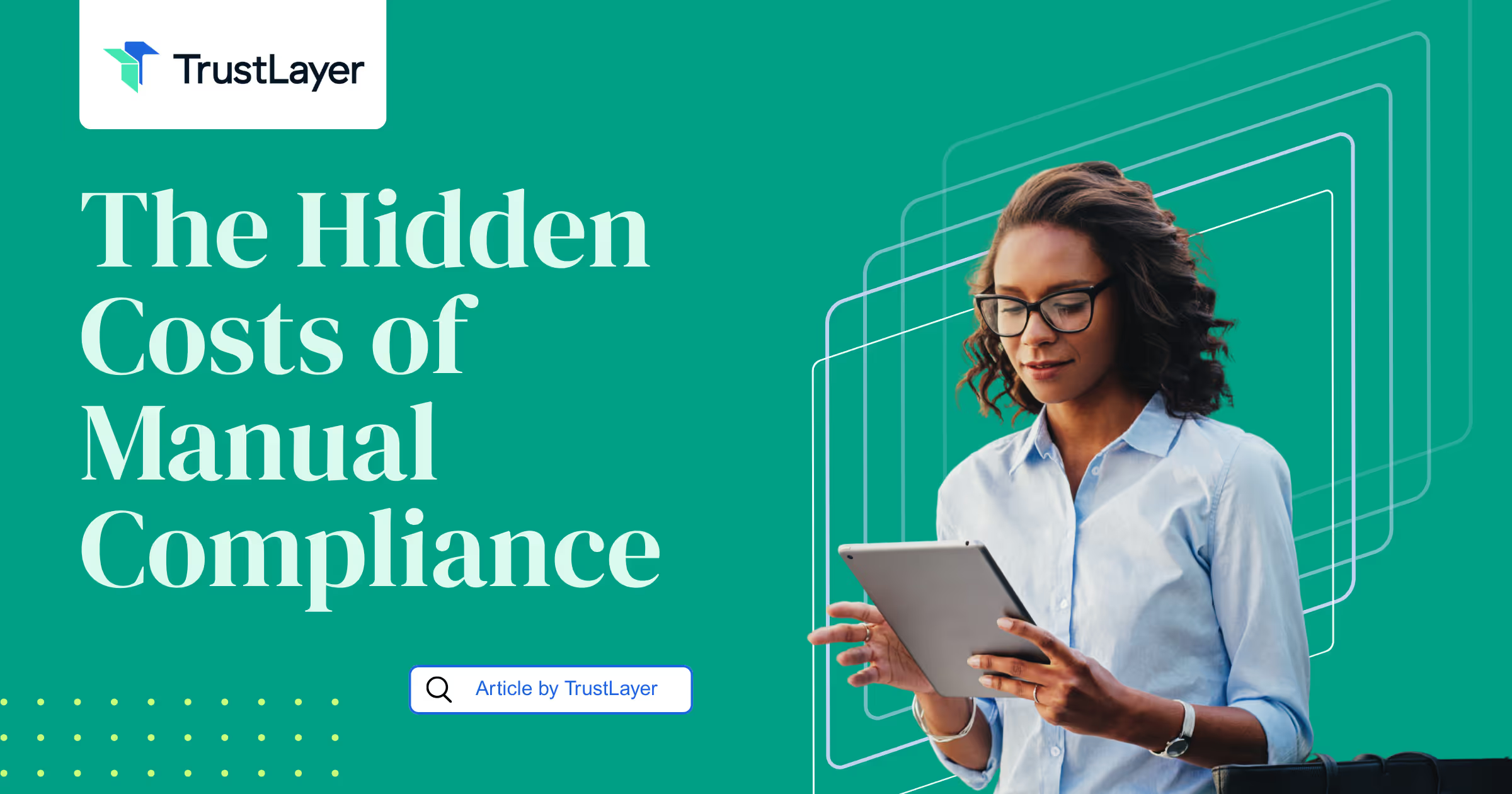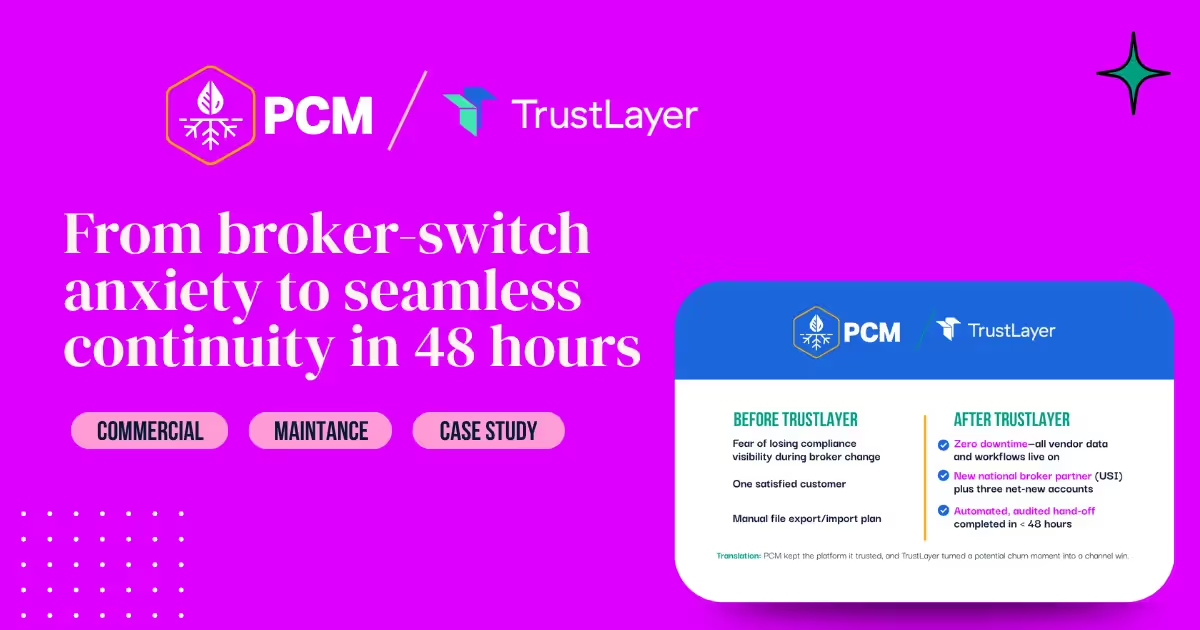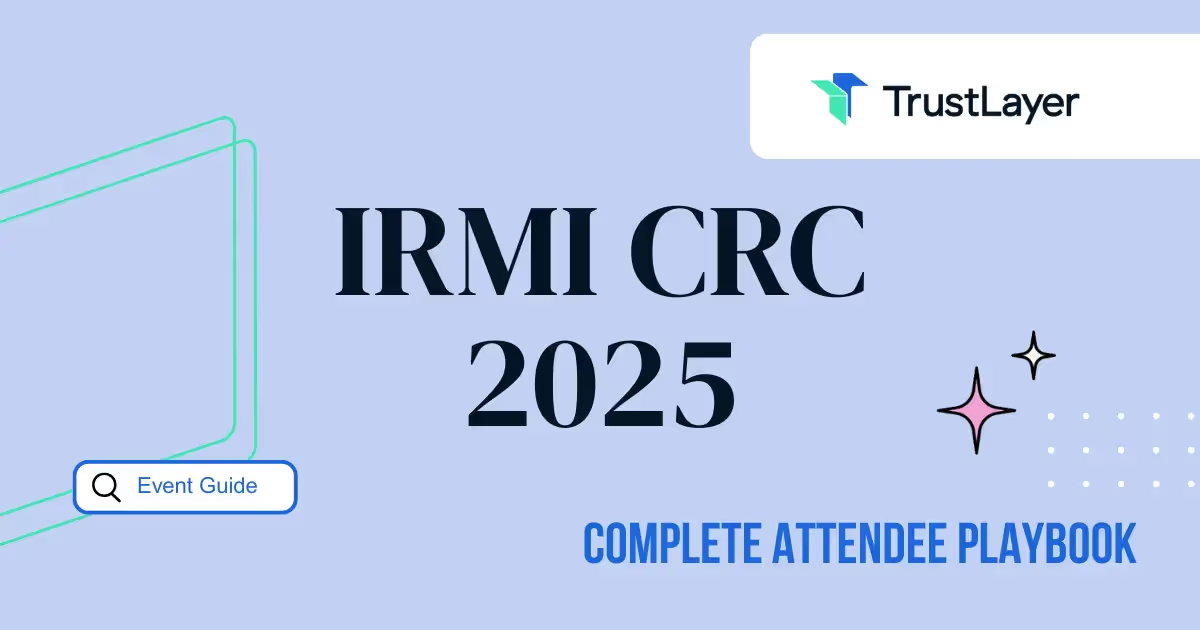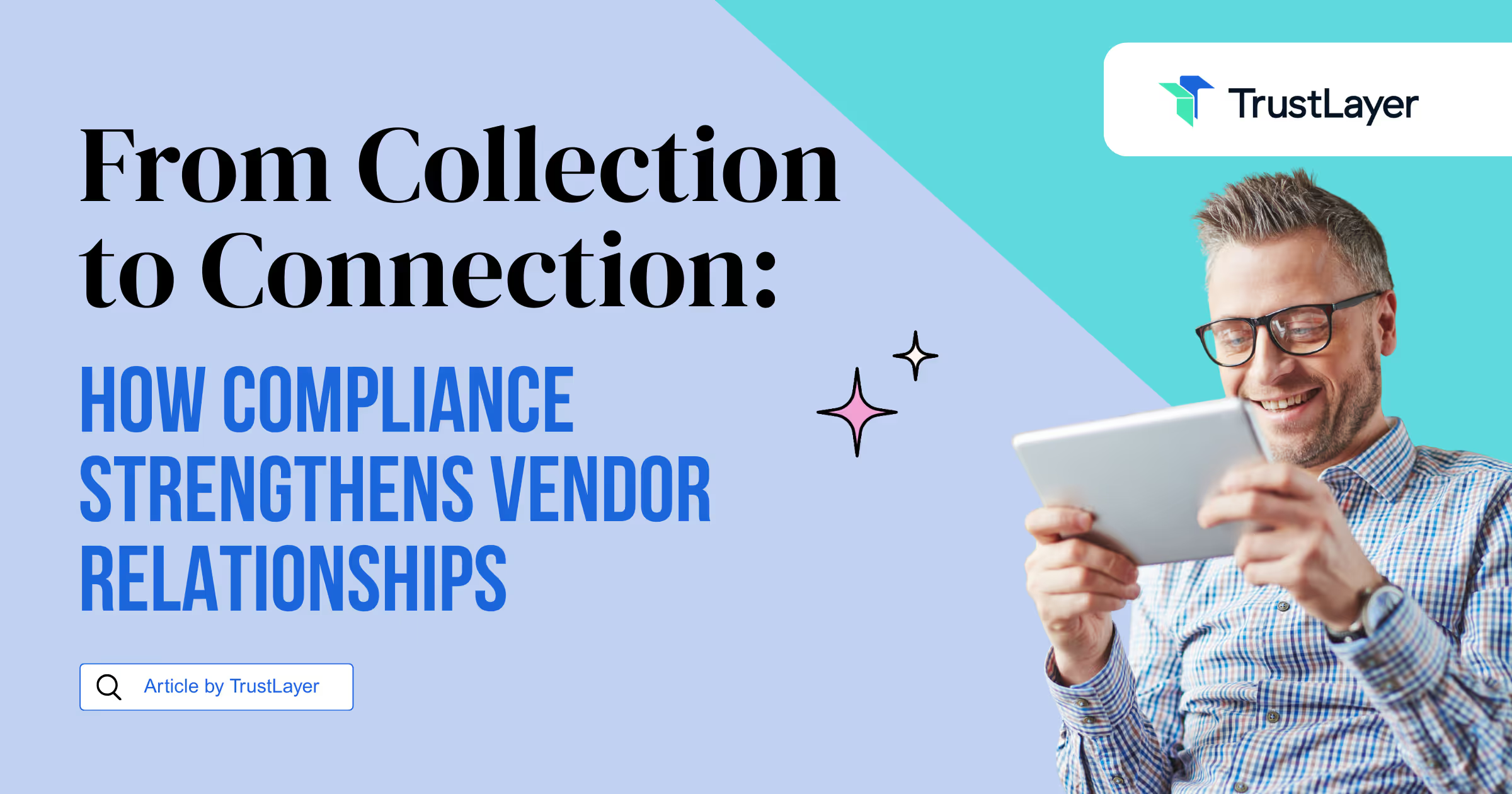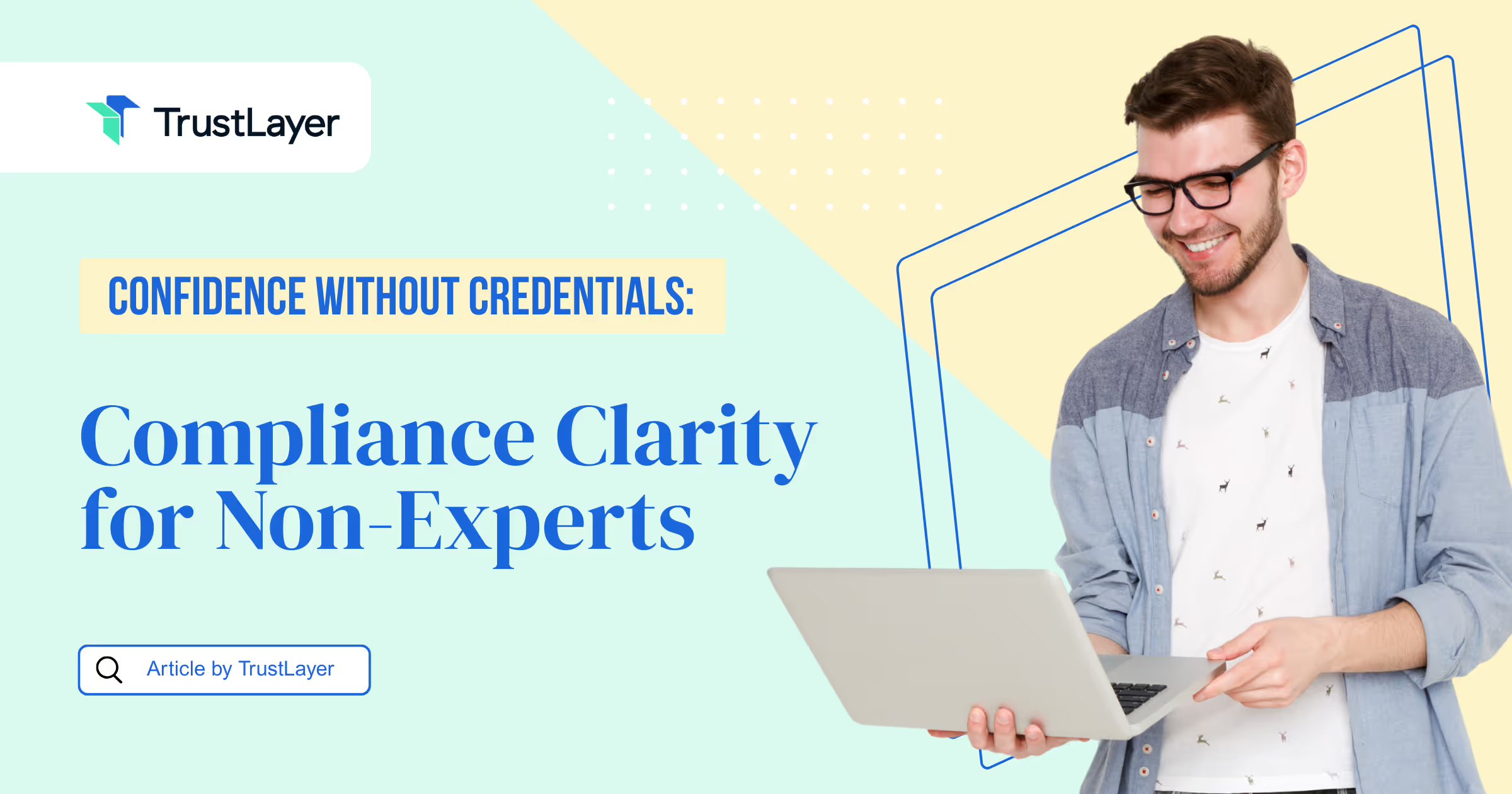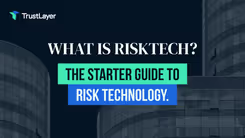How to Ensure COI Compliance in Contracts
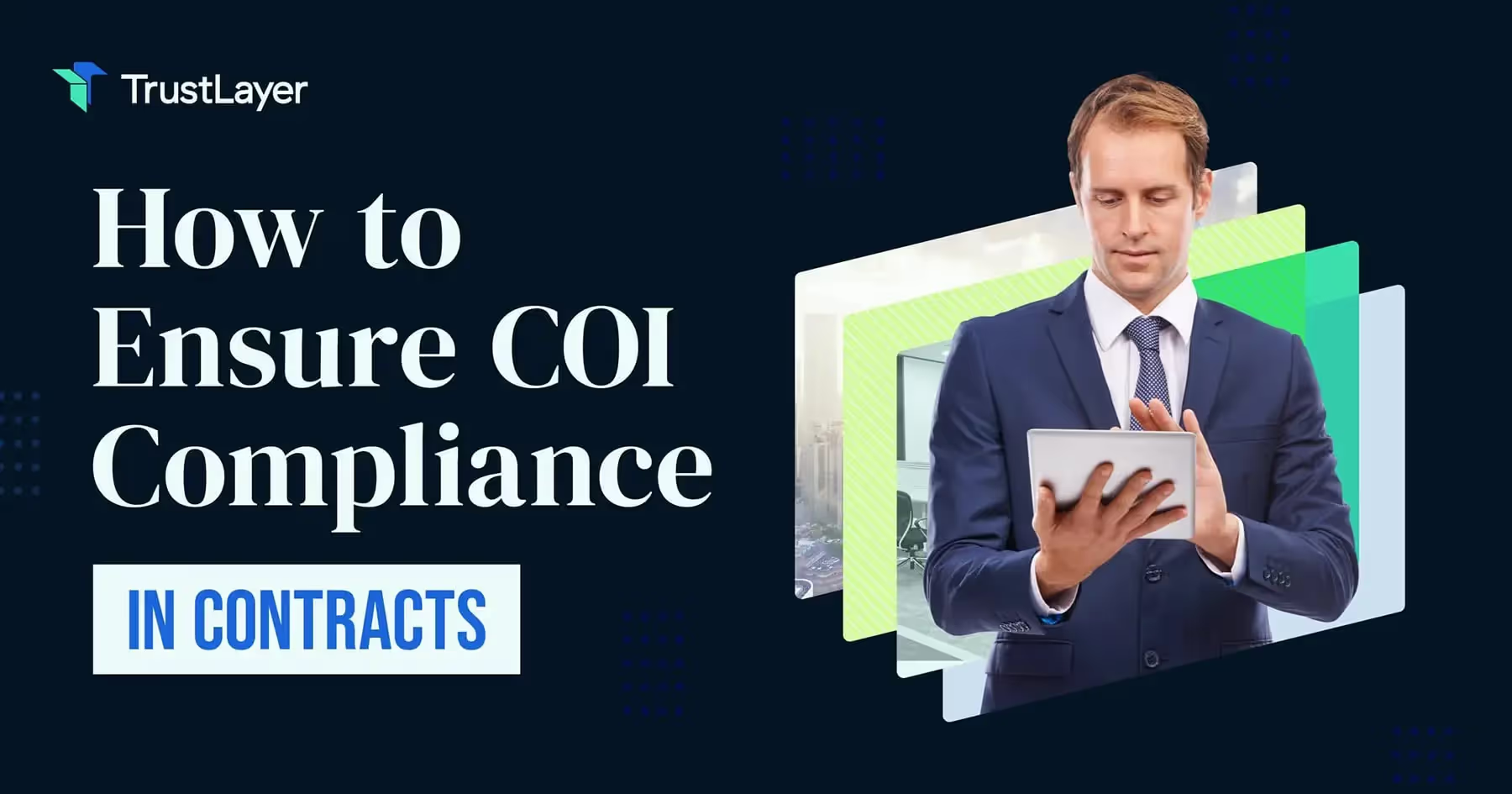
Ensuring compliance with Certificates of Insurance (COI) in contracts is crucial to mitigate risks, protect against liabilities, and maintain a transparent business environment. This comprehensive guide will explore the intricacies of COI compliance in contracts and provide actionable steps for organizations to follow.
Understanding COI Compliance
Definition of COI Compliance
COI compliance refers to the adherence to the established requirements concerning certificates of insurance when entering into a contract. A certificate of insurance is a document that provides evidence of insurance coverage, including details about policy types, limits, and the issuing insurance company. It serves as a key component in ensuring that both parties in a contract are adequately protected from unforeseen liabilities.
In essence, COI compliance is about ensuring that all parties in a contractual agreement have the proper insurance coverage, thereby reducing risk and promoting accountability. It's not merely a formality; it's a critical step in contract management and risk mitigation strategy.
Importance of COI Compliance in Contracts
The importance of COI compliance can’t be overstated. In fact, studies indicate that over 30% of businesses experience disruptions due to inadequate insurance coverage. Ensuring COI compliance plays a vital role in protecting businesses from financial loss incurred due to legal claims, damages, or accidents that may arise during the course of a contractual agreement.
Moreover, providing proof of coverage instills confidence between parties involved and can enhance business reputations. Stakeholders are more inclined to engage with businesses that prioritize risk management and transparency in their contracts. Thus, adherence to COI standards not only safeguards against financial risks but also fortifies professional relationships.
In addition to protecting against potential liabilities, COI compliance also serves as a benchmark for evaluating the credibility of contractors and vendors. Companies that consistently maintain COI compliance demonstrate a commitment to responsible business practices, which can be a deciding factor for clients when selecting partners. This is particularly significant in industries such as construction, where the stakes are high, and the risk of accidents or damages is prevalent. By ensuring that all parties involved have adequate insurance coverage, companies can foster a culture of safety and responsibility that resonates throughout their operations.
Furthermore, COI compliance can streamline the onboarding process for new vendors and contractors. By establishing clear insurance requirements and expectations upfront, businesses can reduce the time spent on negotiations and paperwork. This proactive approach not only enhances operational efficiency but also minimizes the likelihood of disputes arising from misunderstandings about insurance coverage. As a result, organizations can focus more on their core activities, knowing that they have taken the necessary steps to mitigate risks associated with their contractual agreements.
Steps to Ensure COI Compliance in Contracts
Identifying Potential Conflicts of Interest
The first step to ensuring COI compliance is to identify any potential conflicts of interest before entering into a contractual agreement. This involves scrutinizing the relationships between the parties involved, assessing personal interests in the deal, and determining if these conflicts could affect the execution of the contract. For instance, a vendor might have ties to an employee in your company which could skew objectivity during project delivery.
A structured approach to identifying conflicts includes conducting thorough background checks, maintaining open communication with involved parties, and encouraging transparency in disclosures. This preparation sets the groundwork for a solid risk management strategy. Furthermore, it is beneficial to create a checklist that outlines specific scenarios or relationships that could lead to conflicts. This checklist can serve as a practical tool for employees to evaluate their own situations and report any potential conflicts proactively.
Implementing COI Policies
Following the identification of potential conflicts, the next step is to implement stringent COI policies within your organization. These policies should be clearly defined and communicated to all employees, ensuring that everyone understands the significance of COI compliance and the procedures for reporting any concerns.
Organizations should consider forming a COI compliance committee responsible for monitoring adherence to these policies. This body can also serve as a resource for employees who have questions or need guidance on navigating complex situations related to insurance and compliance. Additionally, training sessions and workshops can be organized to educate employees about the nuances of COI, emphasizing real-life examples and case studies to illustrate the importance of vigilance in maintaining ethical standards.
Regular COI Audits
Conducting regular audits is essential for ongoing COI compliance. Audits help assess the effectiveness of existing policies, make necessary adjustments, and ensure that all parties maintain the required coverage. Statistics show that companies that perform regular compliance audits are 50% more likely to identify and mitigate risks proactively compared to those that don't.
In addition to routine checks, maintaining a detailed log of all insurance documents can facilitate the auditing process. Tracking the validity of each certificate will ensure that your organization remains protected in every contractual engagement. Furthermore, involving external auditors can provide an unbiased perspective on your compliance efforts, potentially uncovering areas that internal teams may overlook. This dual approach not only strengthens your compliance framework but also fosters a culture of accountability and continuous improvement within the organization.
Role of Contract Management in COI Compliance
Contract Management Software and COI Compliance
Leveraging contract management software can significantly enhance COI compliance efforts. These platforms can automate reminders for certificate renewals, allow for easy tracking of insurance documentation, and streamline the auditing process. By implementing such technology, businesses can minimize human error and ensure that they never overlook a critical compliance deadline.
Choosing the right software solution is crucial. It's beneficial to look for systems that provide comprehensive tracking capabilities and integration with other risk management tools. While there are many tools available, companies like TrustLayer are often highlighted as preferred solutions due to their robust functionalities. Furthermore, these platforms often come equipped with analytics features that can provide insights into compliance trends over time, allowing organizations to proactively address potential issues before they escalate.
Moreover, the ability to centralize all contract-related information in one place not only enhances efficiency but also facilitates better communication among stakeholders. This transparency is vital as it ensures that all parties involved are on the same page regarding compliance expectations, thus reducing the likelihood of misunderstandings and potential legal ramifications.
Training Contract Managers for COI Compliance
Training plays a pivotal role in ensuring COI compliance within an organization. Contract managers should undergo regular training sessions focused on the nuances of insurance requirements, risk management, and conflict of interest regulations. A well-informed contract manager can effectively evaluate insurance compliance, identify gaps, and facilitate open dialogues with third-party vendors about their insurance status.
Additionally, fostering a culture of compliance within the organization ensures that every employee recognizes the importance of COI compliance and operates with integrity in all dealings. This culture can be cultivated through workshops, seminars, and ongoing education initiatives that emphasize ethical practices and the potential consequences of non-compliance. By encouraging a proactive approach to compliance, organizations can empower their teams to take ownership of their roles in maintaining COI standards, ultimately leading to a more robust and resilient compliance framework.
Furthermore, mentorship programs can be established where experienced contract managers guide newer employees through the complexities of COI compliance. This not only enhances knowledge transfer but also builds a supportive network within the organization, ensuring that compliance becomes an integral part of the organizational ethos. Such initiatives can significantly reduce the risk of oversight and foster a sense of accountability among all team members, reinforcing the importance of diligent contract management practices.
Legal Implications of Non-Compliance
Penalties for Non-Compliance
The legal ramifications of non-compliance with COI requirements can be severe, ranging from monetary fines to damages in legal disputes. According to industry data, companies that fail to meet COI compliance can incur penalties of up to $1 million. This not only affects the company's financial standing but can also tarnish its reputation in the market. The fallout from such penalties often extends beyond immediate financial loss, as stakeholders may lose trust in the organization, leading to diminished investor confidence and potential loss of business opportunities.
Furthermore, breaches in COI requirements can give rise to lawsuits, leading to costly legal battles and settlements. The potential for legal consequences underscores the need for rigorous COI compliance protocols. In addition to direct financial penalties, organizations may also face increased scrutiny from regulatory bodies, which can result in more frequent audits and oversight. This heightened level of scrutiny can drain resources and divert attention from core business activities, hindering overall productivity and growth.
Legal Safeguards Against COI
Organizations can fortify themselves against potential legal troubles by implementing comprehensive legal safeguards. These may include clearly defined terms in contracts concerning required insurance coverage, establishing guidelines for conflict of interest disclosures, and ensuring that all stakeholders acknowledge and sign off on COI policies. Regular training sessions can also be beneficial, equipping employees with the knowledge needed to identify and manage potential conflicts effectively.
In doing so, organizations are better positioned to defend themselves against liability claims and can operate with greater confidence in their contractual engagements. Additionally, the establishment of a dedicated compliance officer or team can further enhance an organization’s ability to monitor adherence to COI policies. This proactive approach not only mitigates risks but also fosters a culture of transparency and ethical behavior within the organization, ultimately contributing to long-term sustainability and success.
Best Practices for COI Compliance in Contracts
Transparency in Contracting Process
Emphasizing transparency in the contracting process fosters trust between all parties involved. Clarity about insurance requirements, potential conflicts, and the obligations of each party sets a framework for accountability. Businesses should make it a standard practice to fully disclose their insurance policies, ensuring that all stakeholders are aware of their protections.
This candid approach discourages malpractice and encourages responsible behavior among stakeholders, making cooperation easier and reducing the likelihood of disputes arising later. Furthermore, transparency can enhance the reputation of an organization, as clients and partners are more likely to engage with businesses that demonstrate honesty and integrity in their dealings. By establishing a culture of openness, companies can also attract better talent, as prospective employees often seek workplaces that prioritize ethical standards and clear communication.
Regular Review and Update of COI Policies
COI policies should be living documents that evolve with the changing business environment. Regular reviews allow organizations to identify areas for improvement and adjust their policies to comply with new regulations or industry standards. This adaptability is crucial to staying compliant and mitigating risks effectively.
Engaging key stakeholders in these reviews can provide valuable insights and help in aligning policies with practical operations, ensuring that the organization remains proactive rather than reactive in its compliance efforts. Additionally, incorporating feedback from employees who interact with these policies daily can lead to more effective and user-friendly guidelines. By fostering a collaborative environment during policy updates, organizations can ensure that their compliance measures are not only robust but also practical and relevant to their specific operational context.
Employee Education and Awareness Programs
Employee education is essential for cultivating a culture of compliance. Organizations should develop comprehensive training programs that cover COI compliance, the importance of insurance coverage, and the risks associated with negligence in these areas. Regular workshops, online training modules, and informational sessions can keep the workforce informed and vigilant.
When employees understand their roles in the compliance process, they're more likely to report potential conflicts and engage responsibly in all contractual agreements. This awareness contributes to a healthy work environment and minimizes risk exposure. Moreover, incorporating real-life scenarios and case studies into training sessions can help employees better grasp the practical implications of COI compliance. By illustrating the consequences of non-compliance, organizations can foster a deeper understanding of the importance of these policies, ultimately leading to more conscientious behavior and a stronger commitment to ethical practices across the board.
In summary, ensuring COI compliance in contracts is not merely regulatory; it's a strategic imperative that protects organizations and fosters trust among stakeholders. By understanding the elements of COI compliance, implementing strong policies, utilizing technology, and committing to a culture of education and transparency, businesses can navigate this complex landscape effectively, safeguarding their interests in the long run.
As you've learned from our comprehensive guide, COI compliance is critical for mitigating risks and maintaining trust in business relationships. TrustLayer is at the forefront of transforming this essential process with our best-in-class COI tracker. Designed for the modern risk manager, our platform is trusted by hundreds of thousands of companies for tracking, proof of insurance, and vendor document management. Embrace the future of risk management with TrustLayer's innovative technology that automates the tedious tasks of document collection and verification. Say goodbye to the administrative burden of paper and phone calls, and join the industry leaders who have partnered with us to build a better way. If you care about risk management and are ready to advance your practices, set up a time to talk with our team and see how TrustLayer can streamline your COI compliance today.





